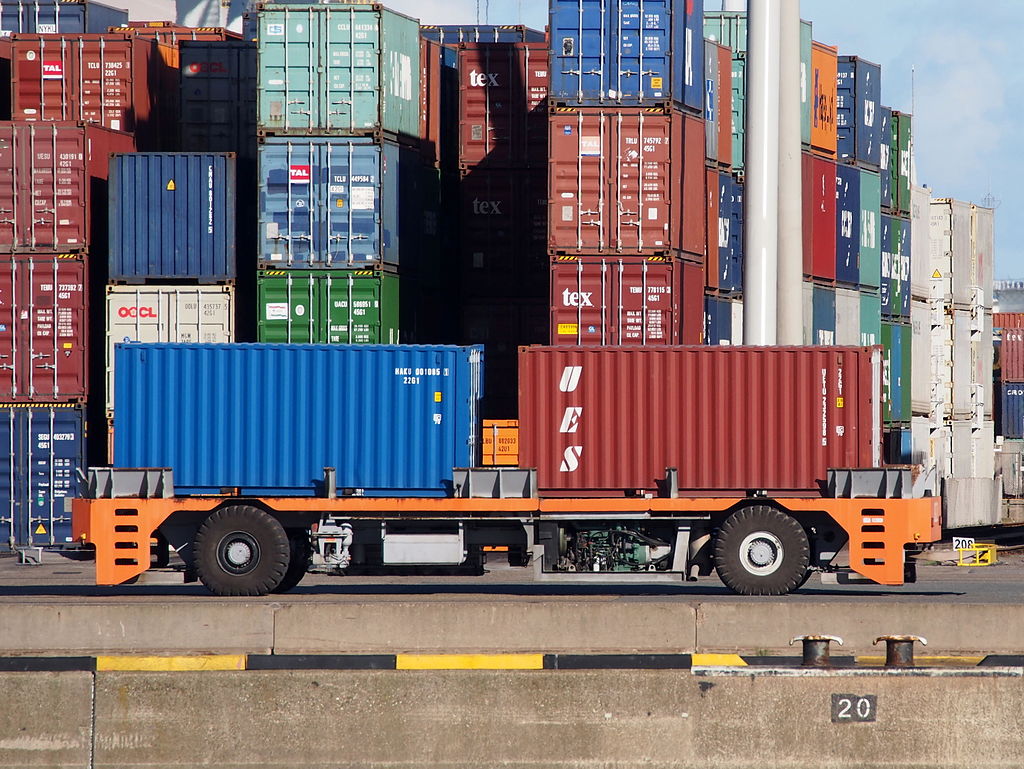
Automated trucking may replace 10% to 94% of long-haul trucking work in the United States, representing 30,000 to more than 500,000 jobs, a new study finds.
As companies research autonomous vehicles, a strategy emerging for automated trucking is the “transfer-hub” model, where automated trucks complete the simpler highway legs of routes and human drivers undertake the more complex suburban or urban segments at both the starting and end points of journeys. Such a model has led to widespread concerns about job losses in long-haul trucking, a common profession in the United States, particularly for men with high-school educations.
“There is little clarity on how automated trucking will be deployed and its economic and political ramifications, such as the impact on the long-haul trucking labor market,” study co-author Parth Vaishnav, an assistant professor of sustainable systems at the University of Michigan at Ann Arbor, said in a statement. “We hope to help resolve these controversies.”
To investigate the potential impacts of automated long-haul trucking, scientists analyzed data from the 2017 Commodity Flow Survey, a dataset jointly produced by the U.S. Census Bureau, U.S. Bureau of Transportation Statistics and the U.S. Department of Commerce. This helped them estimate the number of trucking hours required for a variety of routes, including the highway, urban and suburban segments.
The researchers also explored different automated trucking deployment scenarios, including deployment in southern, sunny states; deployment during spring and summer months; deployment for journeys more than 500 miles; and deployment across the United States.
“Our study is the first to combine a geospatial analysis based on shipment data with an explicit consideration of the specific capabilities of automation and how those might evolve over time,” study co-author Aniruddh Mohan, a doctoral candidate in engineering and public policy at Carnegie Mellon University in Pittsburgh, said in a statement.
The scientists found that if automated trucking technology improves to operate in all weather conditions across the continental United States, it may replace up to 94% of all long-haul trucking work. They also noted the impacts of automation may not happen all at once. Currently, automated trucking is getting tested mostly in the Sun Belt states, including Florida, Texas and Arizona, since it may not initially work well in rough weather. If automated trucking takes off there, it may first replace about 10% of all long-haul trucking work, Vaishnav said in a statement.
Previous estimates of the number of long-haul operators in the United States range from 300,000 to 550,000. This suggests that automated trucking may replace anywhere from 30,000 to more than 500,000 jobs.
The scientists noted that automated trucking companies often argue that such losses in long-haul work will get offset by an increase in the demand for short-haul drivers, work involving shipments within a 150-mile radius. Contrary to these strong claims, the researchers found short-haul work would not make up for the loss of long-haul work in either quantity or quality — short-haul jobs typically pay less than long-haul jobs, creating the potential for a reduced livelihood for workers.
As part of their study, the researchers conducted interviews with trucking industry stakeholders, including tractor-trailer operators, to determine the feasibility of automated trucking deployment.
“A key finding was just how economically attractive this technology would be and the fact that everyone, including truckers, agreed that the interstate part of the job could be automated,” Vaishnav said in a statement. “Ultimately, societal and political choices can determine the mode of deployment of automated trucking capabilities, as well as the winners and losers of any shift to automation of long-haul trucking.”
The scientists detailed their findings online March 15 in the journal Humanities and Social Sciences Communications.

